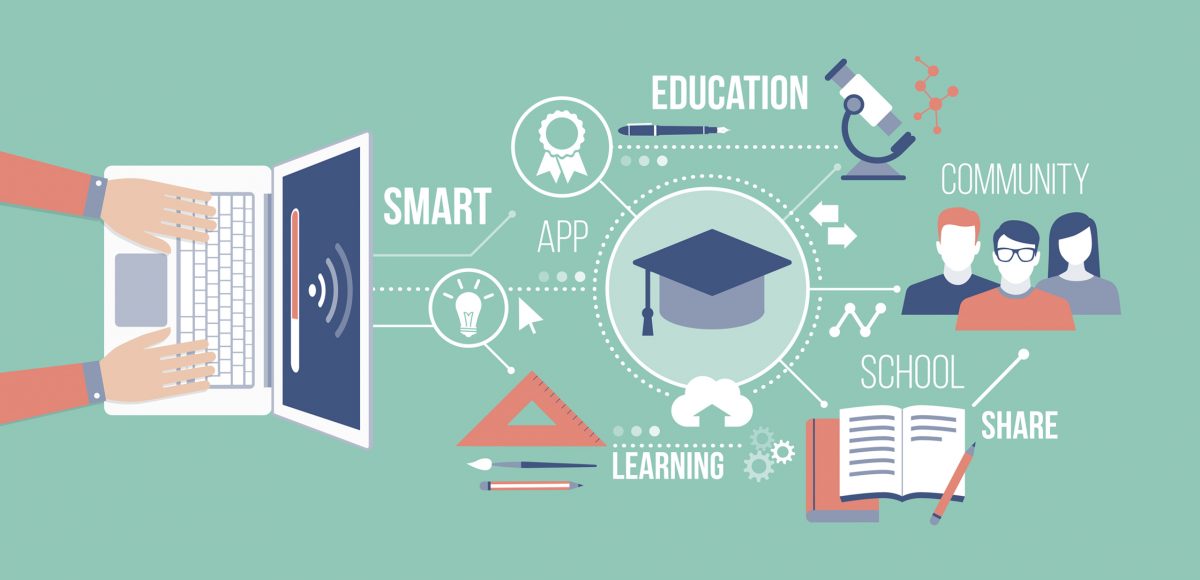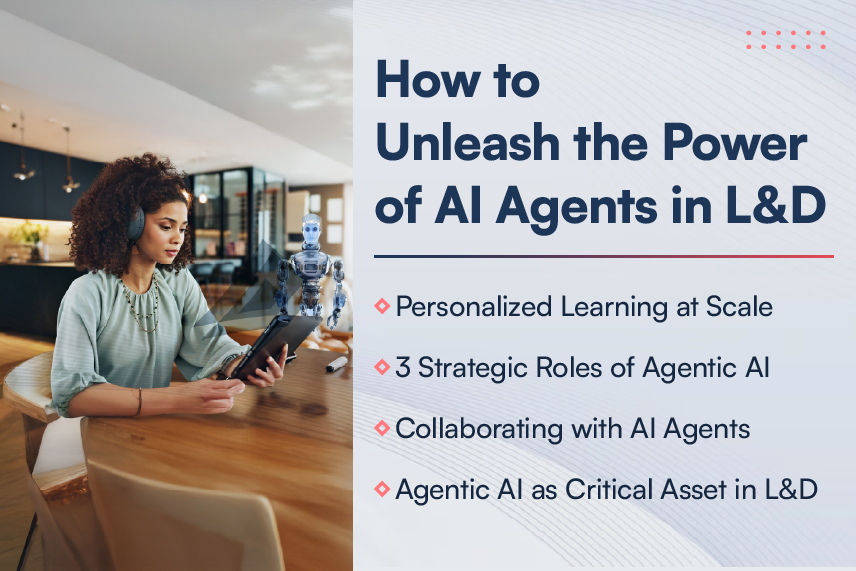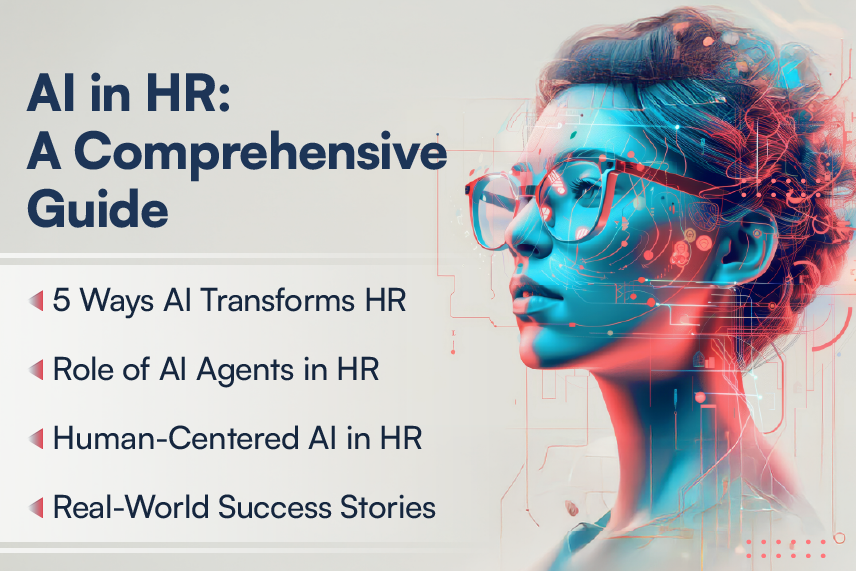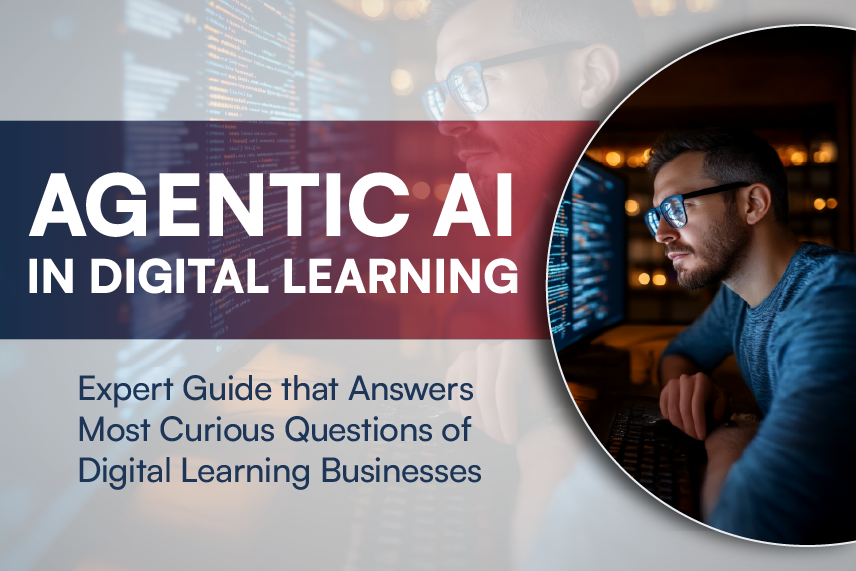
The future of work is changing at a rapid pace. The Fourth Industrial Revolution has changed how we live, work, and relate to one another. With extraordinary technological advances and the blurring of lines between the physical and virtual, the skills required for future jobs are constantly evolving and changing.
As per the World Economic Forum’s The Future of Jobs Report 2020, 85 million jobs will be disrupted globally due to automation and a new division of labor between humans and machines. Moreover, 97 million new jobs will be created because of this evolving dynamic. Hence, for the workforce of today and the future, constantly acquiring new skills can mean the difference between a promising future or peril.
The Skills Economy and Change in Knowledge-Mindset
For millennia, humans have constantly evolved their skills as they moved from being hunters/gatherers to an agrarian society, and then from being farmers to working in industries. The need to skill, reskill, and upskill has always been in the fabric of human existence. With the Fourth Industrial Revolution and technology, the speed of this skill revolution has accelerated.
Technology evolves and so do the skills required by employees. Technologies such as artificial intelligence, automation, robotics, and machine learning are disrupting the way organizations function today. To adapt, employees must acquire the skills of the future.
“To manage the evolving skills economy, organizations must invest in building expertise, adding new capabilities at pace with innovation, and continuously skilling, reskilling, and upskilling people, from recruitment to retirement.”
EdTech platforms such as Guild Education help organizations upskill their workforce and prepare them to take on the jobs of tomorrow by connecting them with employer-sponsored learning opportunities. According to Guild, 67% of frontline workers are unable to pay upfront, and therefore they are not using education and L&D programs.
However, EdTech companies can enable employers to keep talent in the pipeline by creating learning opportunities for the workforce by connecting employers and high-value learning providers. Large companies such as Walmart and Walt Disney have already partnered with EdTech platforms to provide education benefits to their workers. Even accredited, non-profit universities leverage EdTech to better educate or upskill working adults.
On the other hand, governments will also have to delve into the education system and bridge the gap between education and employment. The workforce of the future will not only be employed based on the degrees they hold but on specific future-ready skills they possess to work in an ever-changing world.

EdTech – Enabling the Future Workforce
The COVID-19 pandemic significantly bolstered the growth and reach of EdTech across the globe. With schools and universities shutting down, and businesses being forced to work remotely, virtual learning gathered immense momentum. EdTech companies saw significant growth during the pandemic, and this is slated to grow further in the years to come.
According to Grand View Research, the global EdTech market is expected to grow at a CAGR of 16.5% during the forecast period 2022-2030. It was valued at $106.46 billion in 2021.
The pandemic also forced a rethink about what a job means, what education means, and how one can adapt to this new economic world.
EdTech is revolutionizing the way students learn and teachers teach. As per a Deloitte survey on the future of education, 75% of teachers believe digital learning content will replace printed textbooks within the next 10 years. 74% of teachers believe technology makes a difference to provide learning opportunities outside the classroom and 79% believe it makes a difference to make learning more interesting.
EdTech is well-positioned to cater to the needs of the future workforce globally. Importantly, it can provide skill-based and soft-skill training to shape the future generation of the global workforce. In terms of affordability, flexibility, and health safety, most students today think online education that delivers a true, personalized learning experience is a better option compared to classroom education.
Another significant advantage that EdTech platforms offer is accessibility. The current system fails to provide quality education to more remote and poorer pockets of society. With smartphone subscriptions worldwide projected to reach 7.6 billion in 2027 as per Statista, EdTech can potentially overcome this barrier.
A similar story persists around the world. According to the World Bank, one-third of the working-age population in low and middle-income countries lack the basic skills to get quality jobs. EdTech platforms can cater to this demographic and improve problem-solving, leadership, and technical skills to build the workforce of tomorrow.

Continuous Upskilling to Manage Change
As technology continues to advance, job profiles continue to change as well. While technologies such as artificial intelligence, machine learning, 3D printing, and robotics may be making a few jobs redundant, they are also in their wake creating a whole new set of employment opportunities with varied competencies required. EdTech has a significant role to play in this dynamic environment.
As the working population moved to working remotely or in a hybrid structure, the acceptance of online learning has significantly increased in the workplace. Businesses are adopting pure eLearning or blended models, instead of classroom models, to increase the pace and flexibility of learning. It has added an ‘anywhere learning’ approach to businesses, which has significantly improved completion and comprehension of training programs. EdTech has brought with it several benefits to organizations:
- Microlearning apps have been an excellent tool to bridge the skills gap. These apps offer relevant training on skills that can be applied immediately in the field, increasing long-term retention and comprehension
- EdTech has also created the possibility of automating learning paths and career paths with AI. Once career goals are set, this technology breaks certifications and skills required into modules, enabling the learner to have a structured plan with timeframes. This in turn allows businesses to keep up with the innovation curve
- EdTech has brought in innovations such as gamification to improve learning retention and has made learning more interesting
- The use of EdTech has also allowed companies to reduce their cost-to-fill by increasing skill development within the workforce. Due to the unique nature of technologies and shortage of talent in the market, the priority has changed to skilling the existing workforce rather than hiring already skilled candidates
A Final Word
EdTech is creating a revolution in the skills economy. From students in schools and universities to the working individual, it has become apparent that continuous skill building is the way of the future. EdTech can enable this revolution with its unique proposition of accessibility, innovation, speed, and relevance.
If you would like to know how we can enable EdTech adoption in your organization, drop us an email at contact@harbingergroup.com.






